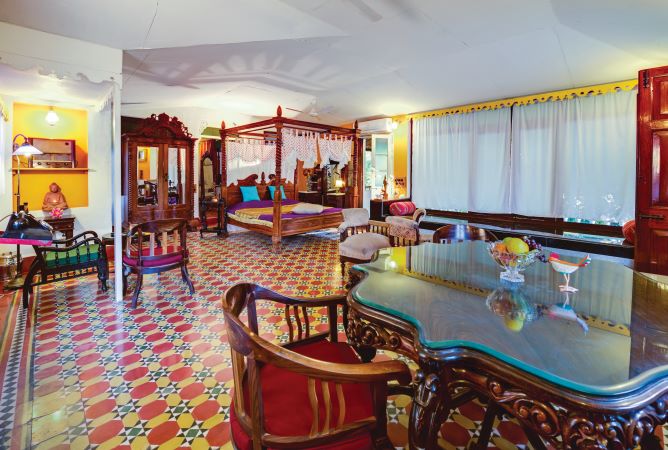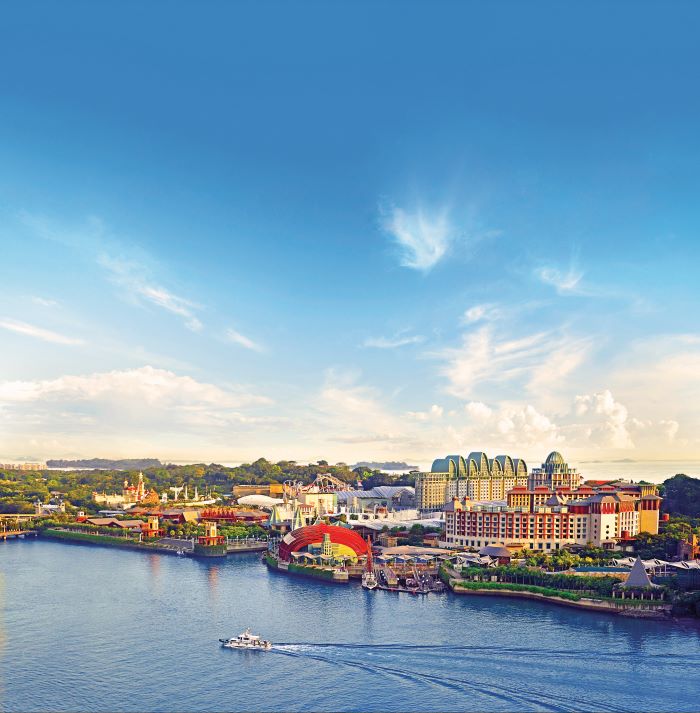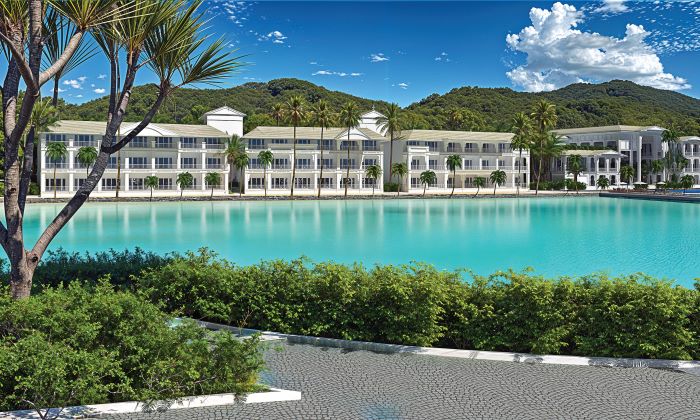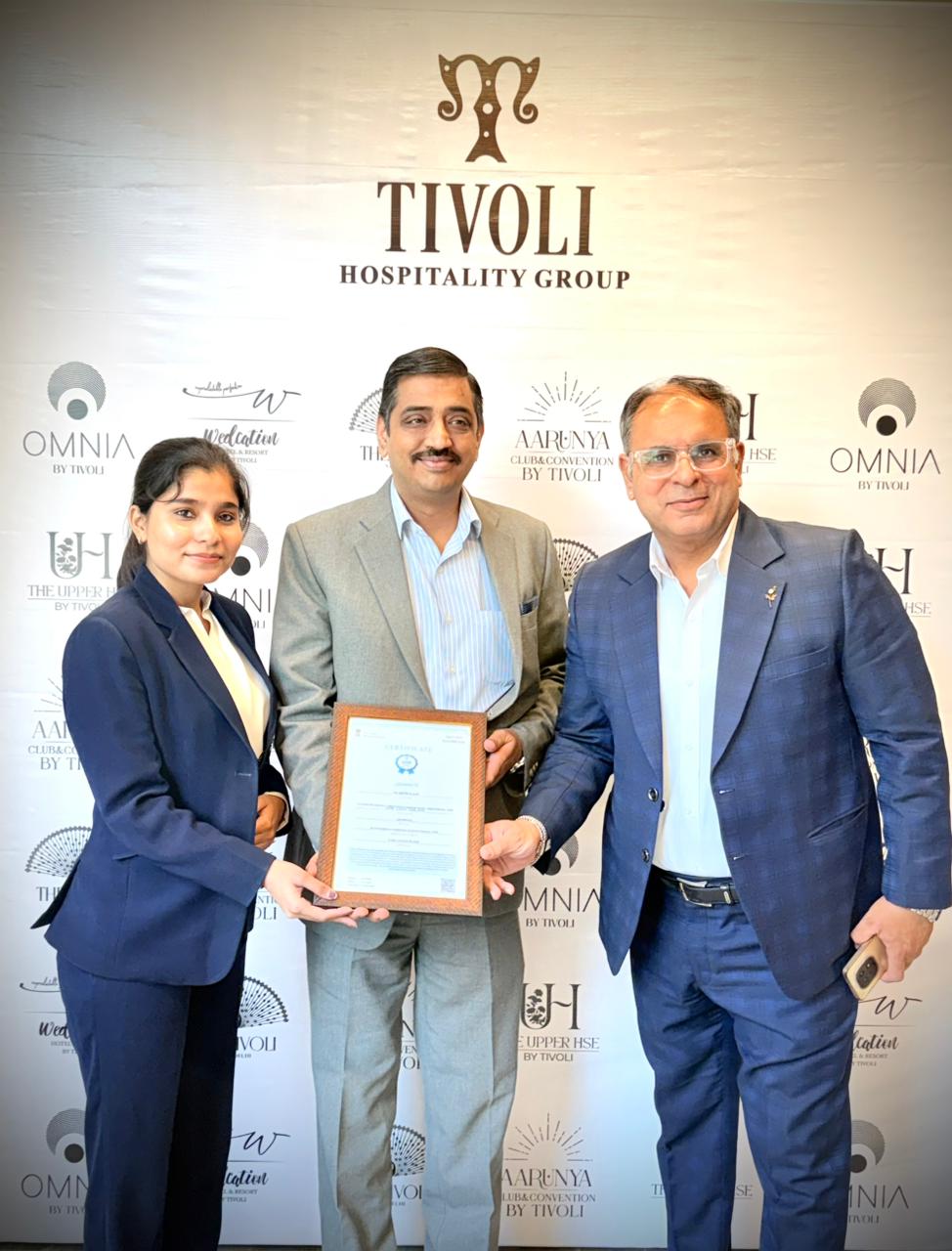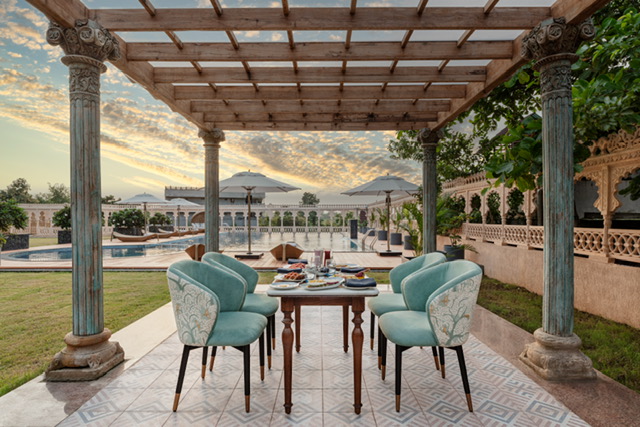Is experiential stay merely a buzzword or tangible reality? What is actual definition of experiential stays, and what components does it encompass? deciphers Steve Borgia.
Experiential holidays fall under a very special category that will emerge into a niche segment that will perpetually grow. Beyond all that, it will also be very close to sustainability.
As we move into the next decade, I can only see people favouring experiential holidays, especially when it comes to families. Experiential stay is not only jargon; the impact of immersive holidays has been strong enough that numerous standalone hotels offering experiential stays might have succumbed to the challenges of COVID and its aftermath.
When it comes to vacation hotels, we need to be experiential. It is far beyond the understanding of the industry. We have got to continuously innovate to be experiential, and at the same time, we should also be authentic. Its application is far and wide among different countries. Asian countries stand to gain a huge advantage in this sector, especially India.
Destinations that provide experiential holidays will last for a long time. Our flagship hotel, INDeco Hotels Swamimalai in Tamil Nadu, is not only a pioneer but a classic example too. While we are experiential, we are innovative by the hour. Curated experiences by the hotel and natural wonders around the hotel, both in equal proportion, offer a great experiential stay for the guests.
The natural wonders add to the authenticity, but to go experiential, much of it must be positioned, innovated and offered by the hotel. For instance, you can offer a beautiful stretch pool inside a guestroom and sell it for a bomb to the guest. On the other hand, you can fix a pump set inside the room and sell it as an experience for a much higher price. People may prefer the latter because it is not only an experience but also unique and innovative. Nothing that they can experience elsewhere should be part of your offering.
In one of our hotels, guests are taught how to ride a bullock cart. Furthermore, they are trained to pass a riding test and are offered a licence to ride a bullock cart. And when it comes to experiences around the hotel, guests are taken to fish in the nearby village pond. The chef helps them cook their catch.
There are some experiences that are common to both domestic and international travellers. But they can also be totally different when you experience in a hotel. It should not only be wow, but also unique and something special. A mundane day-to-day life for a domestic guest will not make much of an impact when it comes to an international case. Therefore, it is extremely important to position it differently so that it makes a good impact.
The wow factor must be built; for instance, making a dosa can be an everyday routine for domestic guests. But for an international guest, it can be mind-blowing. Likewise, eating food on a banana leaf can be an everyday ritual and therefore may not mean much as an experience. But for an international tourist, it can be a once-in-a-lifetime experience.
In short, experiential hotels will sustain for a long time if creating experiences within the hotel is not namesake. They must be authentic and unique, and surely they have to add a wow factor. One should not impose experiences; they have to be born out of the local art, culture, lifestyle and ecology, among others. Experiences must be innovative as well and should offer first-time experiences.
“When it comes to vacation hotels, we need to be experiential. It is far beyond the understanding of the industry”


